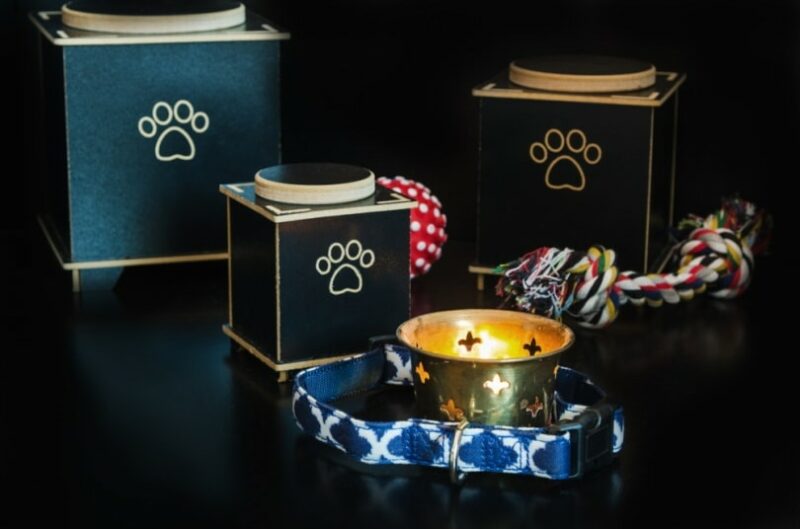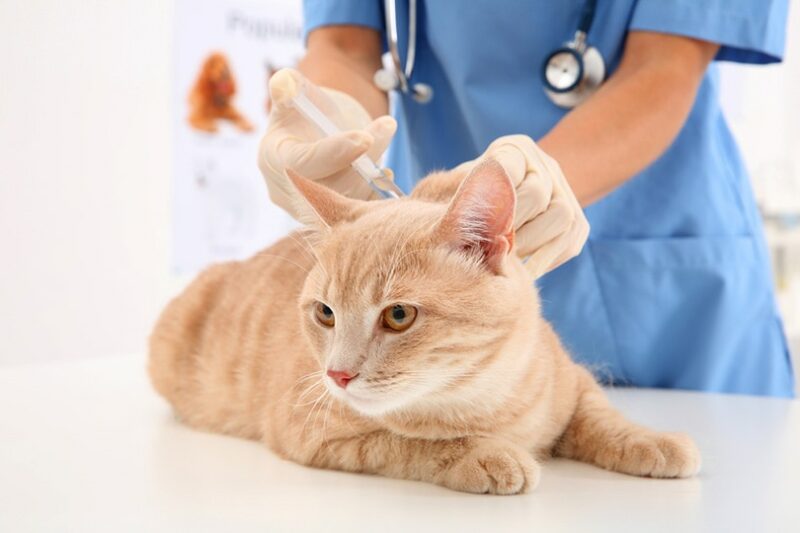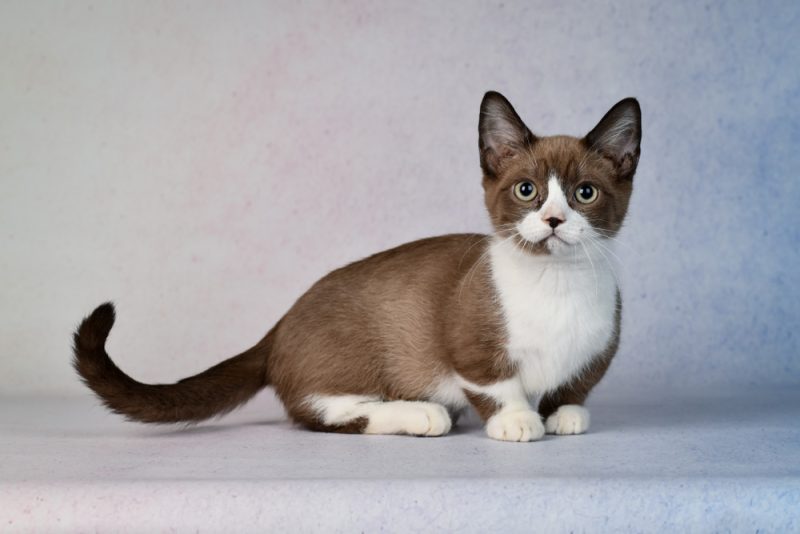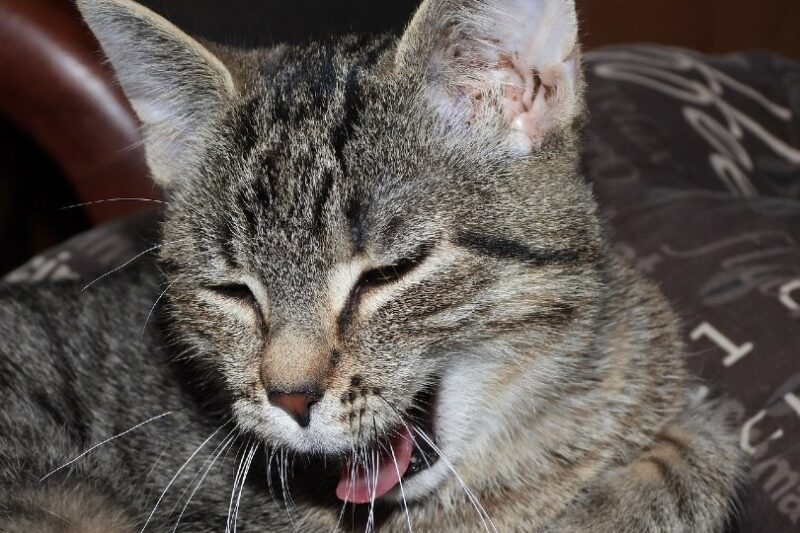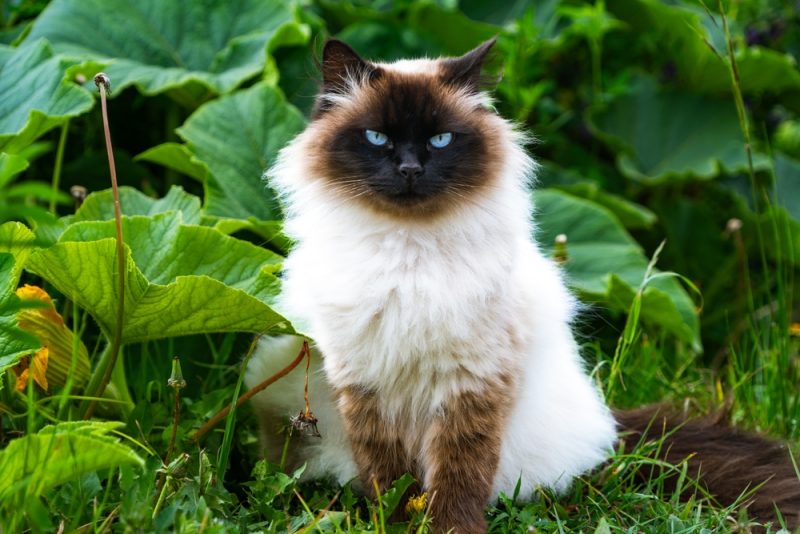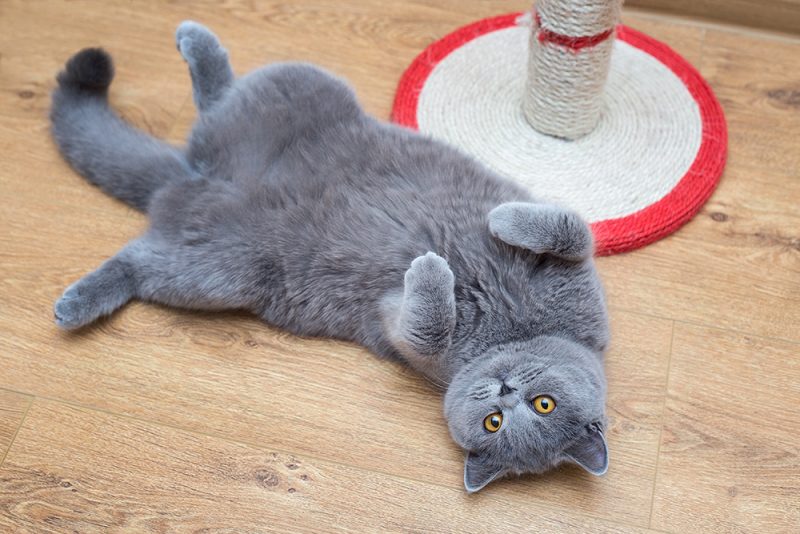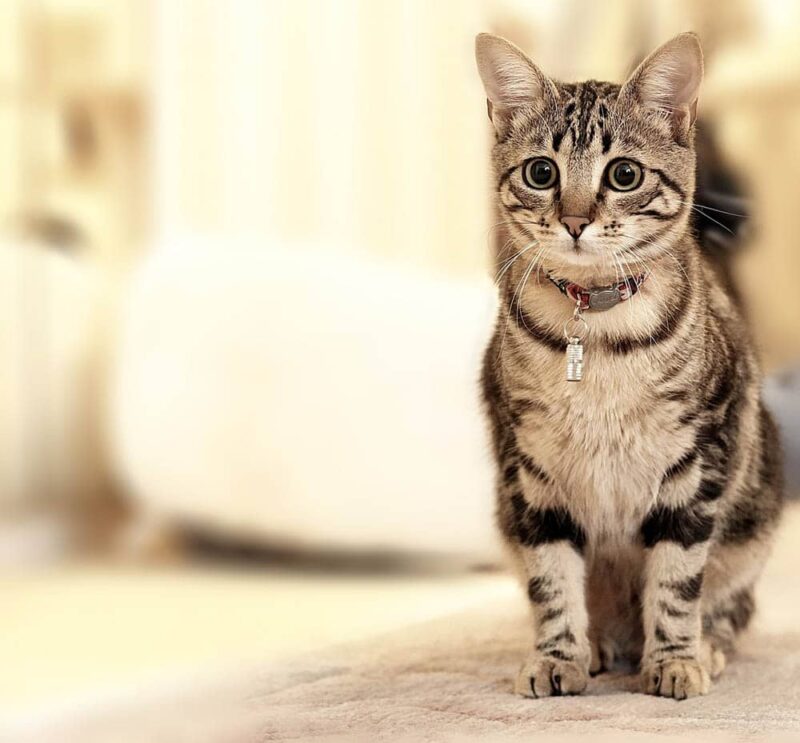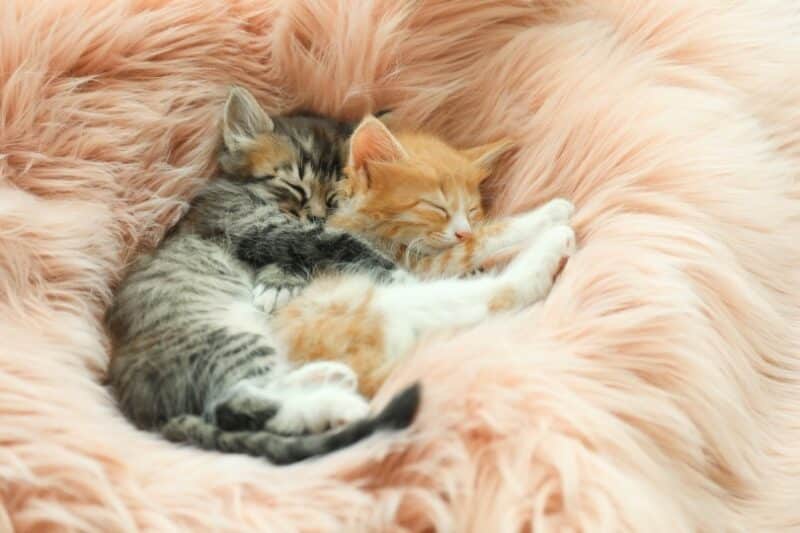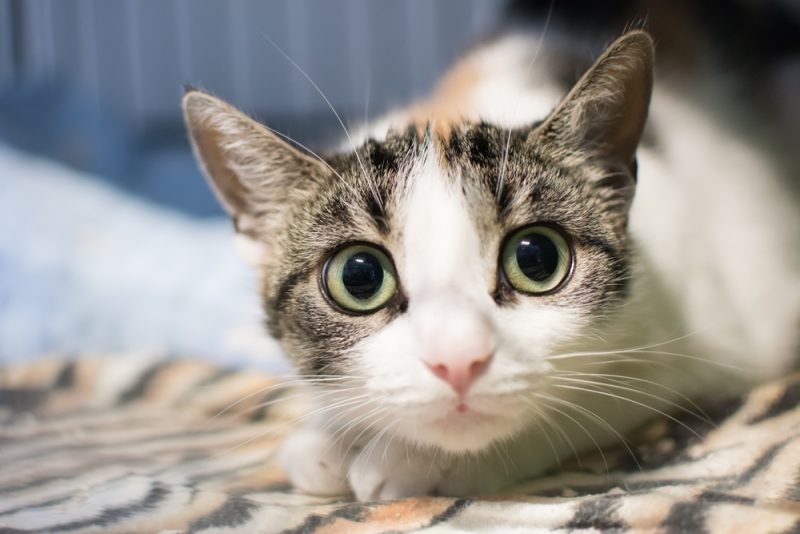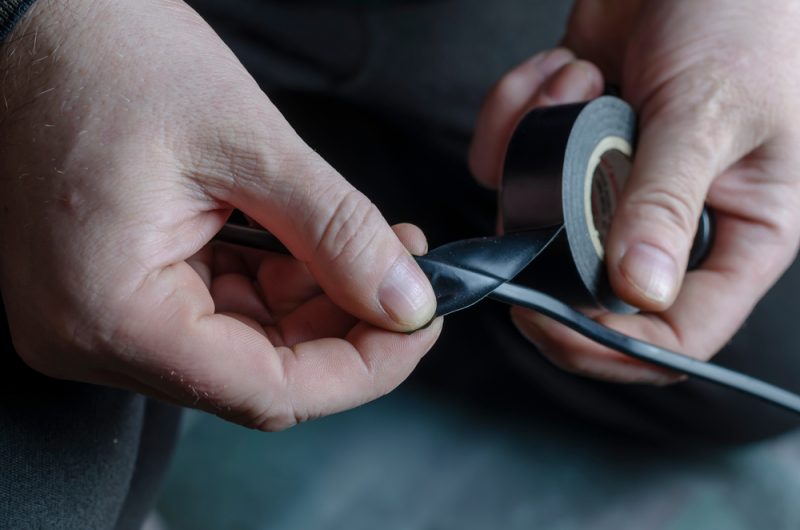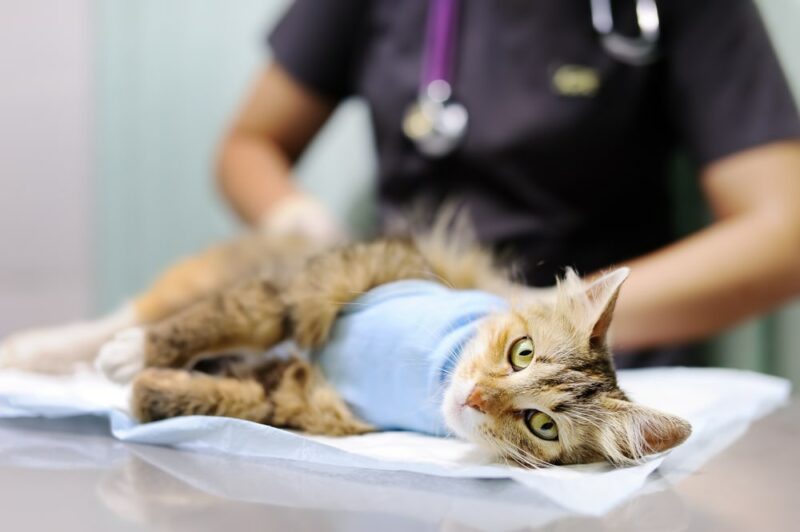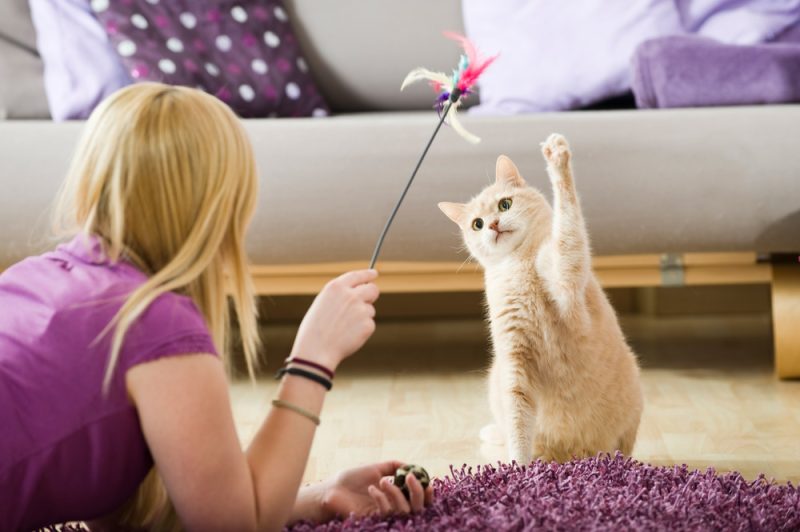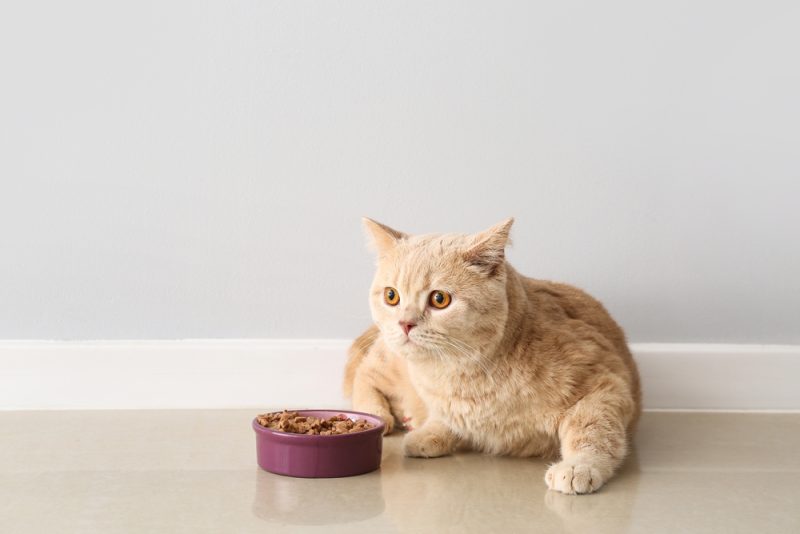In this article
Losing a beloved cat is one of the most painful moments in life. Whether your loved one is nearing the end of their life or has recently passed, you’re likely reading this article looking for information about the cremation process to help you decide if it’s the right choice for your cat.
Below, we’ll discuss how cremation works, provide information about different cremation methods, and review some logistical details you might be concerned about. We’ll also cover some of the choices you’ll likely be asked to make along the way, such as whether you’d prefer an individual or communal cremation for your pet.
Burial or Cremation?
You must choose whether to cremate or bury your cat. Cremation tends to be the easiest option for most pet parents. Many veterinary practices can facilitate the entire process for you, which can be helpful during what is almost always an incredibly stressful period. After the cremation, your cat’s ashes can be returned to you. You can have your cat’s ashes placed in something simple you provide or purchase a commemorative urn for your companion.
But what about burying your cat? If you’re interested in burying your cat in a pet cemetery, don’t forget to factor in the cost of a coffin and the burial. Burying your cat in your yard at home may or may not be permitted where you live, but you can check your local rules and regulations before making a decision.
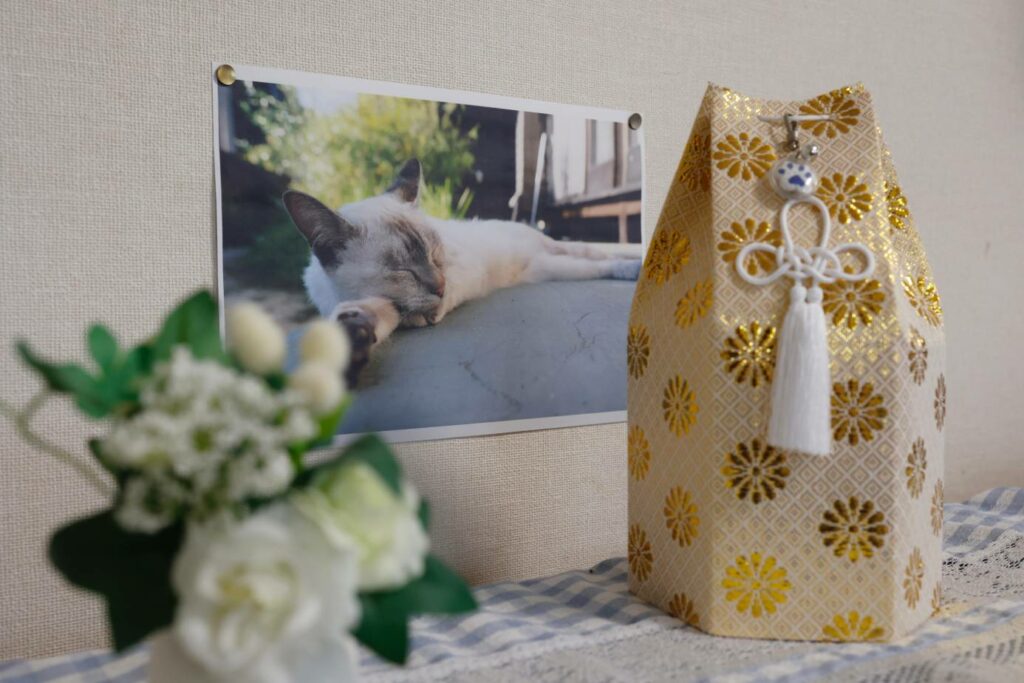
How Does the Cremation Process Work?
The first step in the process is getting your pet to the crematorium. Some veterinary facilities can take care of pet cremations on-site, while others have arrangements with local facilities. But most crematoria are more than willing to work with veterinarians they don’t have agreements with.
If your veterinarian manages the process, you can arrange things such as the type of cremation (individual or communal) and other details directly through them. After your cat is cremated, their ashes will be returned to you if you opted for individual cremation. It’s usually possible to pick them up from the veterinarian’s office or the facility. The entire process usually takes about a week or two.
What Are Some of the Choices I May Be Asked to Make?
While cremation is often the logistically simpler choice and gives you the opportunity to get your cat’s ashes back, several decisions still need to be made. Below, we’ll provide an overview of some of the most critical ones you’ll likely face in the coming days.
Getting Your Cat to the Facility
Most veterinarians can take care of transporting deceased pets to the crematorium, and some can take care of the cremation at the office. Alternatively, you can choose to transport your cat to the facility on your own. It’s often possible to make transportation arrangements with facilities directly, which can be helpful when pets die at home.
There’s sometimes a fee involved if you have your veterinarian or the crematorium take care of getting your pet to the facility. Many are happy to cremate pets and their favorite items, such as plush toys and blankets.
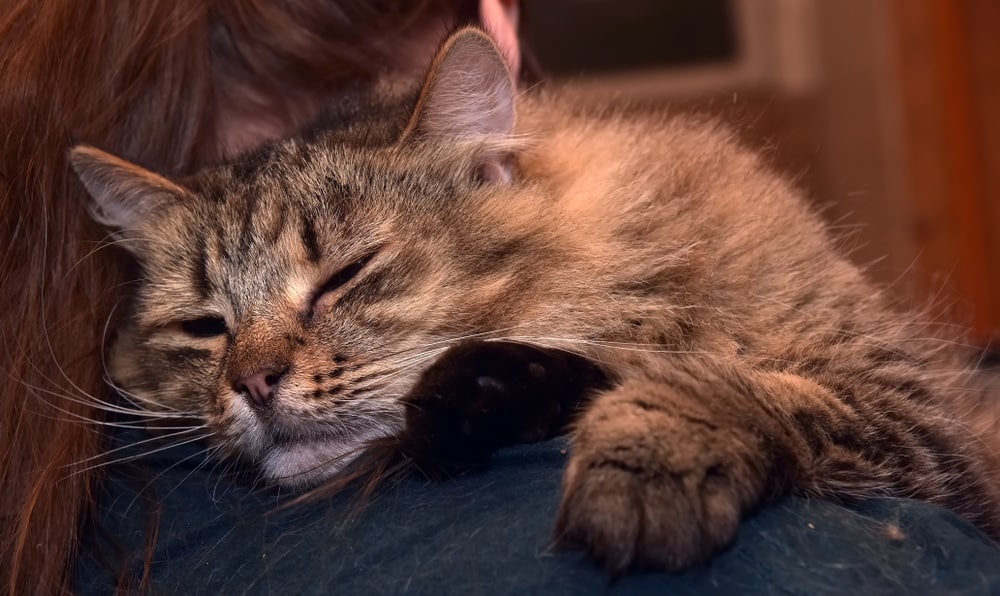
Private, Partitioned, or Communal Cremation
Pet parents can choose to have their loved ones cremated communally or individually. Several animals are cremated at once during communal procedures. There are two individual cremation options that work if you’re interested in getting your cat’s ashes back: partitioned and private. Several pets are cremated simultaneously but kept apart during partitioned cremations. Only one animal is in the chamber during a private cremation. Some facilities may only offer partitioned cremations, so check ahead of time if this is important to you.
Traditional Cremation or Aquamation
While you may be familiar with traditional flame cremation, there’s an alternative that you might be interested in considering. Aquamation, also known as water cremation, hydro cremation, and alkaline hydrolysis is becoming more common.
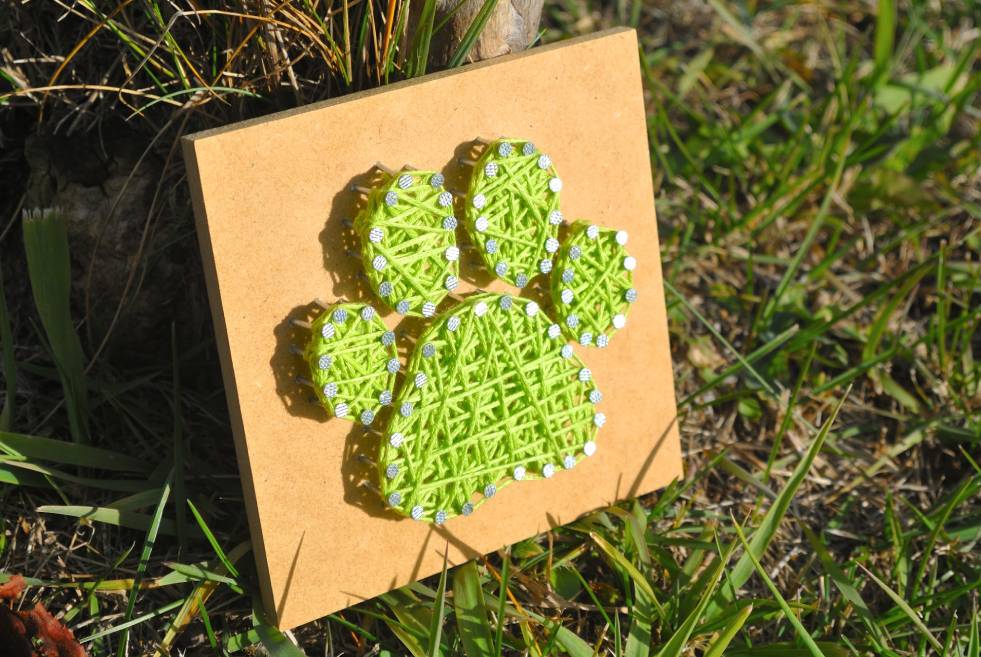
Flame Cremation
During a traditional cremation, pets’ bodies are exposed to extremely high temperatures, which range from 1400 to 1800 degrees Fahrenheit. The process usually takes a few hours to complete, and it’s generally possible to witness your pet’s cremation.
Flame cremations usually produce coarse gray or white ashes that can be spread somewhere meaningful to your pet, used to create a piece of memorial jewelry, or simply placed in a beautiful urn somewhere in your home. Ashes can only be returned after individual cremations.
Aquamation or Water Cremation
Hydro cremation uses water flow, temperature, and alkalis to encourage tissue decomposition. It’s essentially a way of speeding up the natural decomposition process, and it uses less energy than traditional options.
The ashes from aquamation are generally fine, white, and sand-like and can be returned as long as an individual aquamation is chosen. They can be distributed and added to commemorative jewelry like ashes from traditional flame cremations.
Not all facilities offer this service, so if you’re interested in a hydro cremation, ask your veterinarian if they work with a facility that can carry out your wishes. If your veterinarian or the crematorium they have an arrangement with doesn’t offer hydro cremations, you can always ask to have your pet’s body transported to one that does.
Urns
Spend some time thinking about the type of urn you’re interested in. Many facilities allow pet parents to provide special receptacles for their loved one’s ashes, but there are also several gorgeous urns you can purchase online or through most facilities. Alternatively, most crematoria can return your cat’s ashes in a simple box or tin if you’re not interested in a special urn. Remember that you can always purchase a commemorative urn at a later date once things have settled a bit.
Commemorative Items
Many crematoria provide the option to purchase commemorative items to keep pets’ memories alive, but it’s also possible to find a variety of choices online. Paw and nose prints can be taken and made into pendants, rings, and even art you can hang on your wall, and lockets and other jewelry allow you to keep your pet’s ashes close to your heart. Some companies can even turn pet ashes into diamonds that can be set in rings and other types of jewelry.
Getting Your Loved One’s Ashes Back
Many veterinary practices offer the option of having a pet’s ashes returned directly to the office, where you can pick them up at your convenience. But you can also pick up your pet’s ashes from the facility. It’s sometimes possible to arrange to have your pet’s ashes returned by mail, depending on the crematorium you’re working with. Remember to ask about shipping charges associated with returning your pet’s ashes by mail.
What About Grieving?
Grief is a normal part of losing a loved one. The death of a loved cat can hurt as much as losing a person, depending on your relationship with your companion. If you’re preparing for your cat’s death, consider reaching out to family and/or friends so you’ll have support in the days immediately after.
Many universities with veterinary medical colleges have useful information and are great places to turn for local resources such as pet loss support groups and hotlines. And it’s also possible to find psychologists and social workers who specialize in helping clients manage the grieving process.
If you have another pet at home, keep in mind that cats and dogs sometimes grieve the loss of companions quite deeply and often need a bit of extra TLC while adjusting to life without their buddies. Giving your other pet time to adapt and spending lots of time with them can ease the transition.
Frequently Asked Questions
How Much Does Cat Cremation Cost?
While it depends on where you live and the options you select, plan on spending anywhere from $30 to $70 for a communal cremation. Partitioned and private cremations can cost up to $200 dollars. Partitioned cremation can start off as low as $30, while private options generally cost a minimum of around $100. Hydro cremations usually are in the same price range as traditional options.
Does Insurance Cover Cremation?
Pet cremation is often excluded from coverage under accident and illness plans. But some companies offer add-ons that can help pay for cremations and items such as urns, framed paw prints, and even tattoos. Be sure to thoroughly read through your policy details, as some memorial items may not be included in your plan. Headstones, coffins, and other funeral and burial expenses are often excluded from coverage.

How Long Does It Take?
It generally takes one or two weeks to return a pet’s ashes. Most facilities strive to return remains from flame cremations in a week, but it can take up to 2 weeks to get ashes from aquamation back, as the decomposition process takes more time to complete. Some crematoria are willing to return ashes by mail but expect to wait longer if you choose this option.
Can I Be There During the Cremation?
Some facilities are set up to allow pet parents to witness their loved ones’ cremations, but extra charges may be involved. It generally takes about 2 hours for traditional cremations to be completed. Aquamation takes far longer to complete than flame cremations, so many facilities can’t accommodate witnesses. Reach out to the crematoria you’re considering to see if they provide the opportunity to say goodbye.
Conclusion
Losing a companion hurts, and the days surrounding a beloved cat’s last moments are often chaotic, stressful, and full of difficult decisions. Honoring your cat’s life may help you begin accepting your companion’s death as you move forward in a world that may have been fundamentally altered by your cat’s passing. Grieving for a cat can be intense and painful. Give yourself plenty of time to heal, and know that decisions made with love are always right.
- See Also: How Much Does It Cost to Cremate a Cat
Featured Image Credit: Igor Sokolov (breeze), Shutterstock
